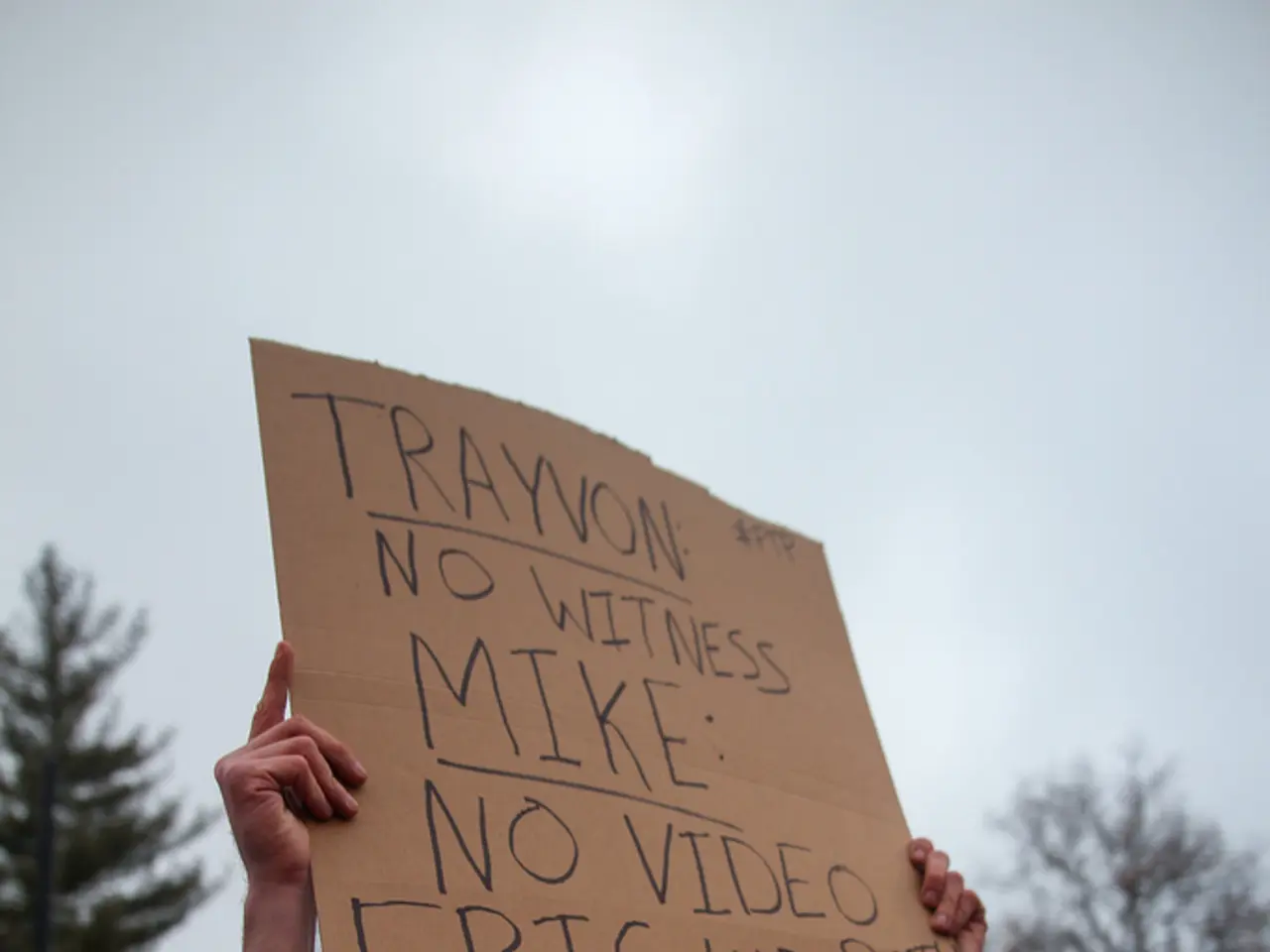Azerbaijan's peace agreement, overseen by Trump, becomes the subject of Armenian scrutiny, recognized as a 'document of surrender' by them.
In the heart of Yerevan, Armenia, people gathered in shaded parks and around fountains, trying to understand the implications of a peace treaty that was signed a day earlier. The treaty, brokered by the United States, marked the end of decades of conflict and a new chapter in relations between the two countries.
The treaty, signed on Friday, commits both Armenia and Azerbaijan to ending all fighting permanently and includes bilateral economic agreements with the US. A key element of the agreement is the establishment of the "Trump Route for International Peace and Prosperity (TRIPP)" — a transit corridor that allows connection between Azerbaijan and its Nakhchivan exclave through Armenian territory. The United States has been granted exclusive development rights over this Zangezur corridor land for 99 years, enabling US-led development of infrastructure such as rail, oil, gas, fiber optics, and electricity transmission.
The treaty, signed under the watch of US President Donald Trump, has been met with a mix of reactions. While Prime Minister Nikol Pashinyan framed it as opening a chapter of peace and a foundation for a better future, opposition forces criticize him for effectively ceding some Armenian sovereignty by allowing US control over the corridor land for nearly a century.
Asatur Srapyan, an 81-year-old retiree, expressed a more nuanced view. He believes that the peace treaty is a good opportunity for Armenia to achieve peace, despite its disadvantages. Srapyan, who made his comments in Yerevan a day after the signing, noted that Armenia has a smaller population, a weaker army, and fewer allies compared to Azerbaijan.
However, Srapyan's sentiments regarding the peace treaty were not widely shared by the people of Yerevan. Few were enthusiastic about the treaty, and many expressed concerns about national sovereignty and the extent of US influence in Armenia’s territory.
Internationally, the treaty has been welcomed by many Western countries and organizations, including France, the UK, NATO, and the EU. Iran, however, has expressed security concerns over the new geopolitics on its border, threatening to block the corridor project citing those concerns.
As the streets of Yerevan remained almost deserted on Saturday due to the summer heat, the peace treaty continues to be a topic of heated debate. The future of Armenia and Azerbaijan's relationship, as well as the geopolitical landscape of the Caucasus, hangs in the balance.
The peace treaty, signed under the watch of US President Donald Trump, not only marks an end to war-and-conflicts between Armenia and Azerbaijan but also introduces significant political changes, as the United States is granted exclusive development rights over the Zangezur corridor land for 99 years. This general news topic has stirred a range of opinions among the people of Yerevan, with some welcoming it as an opportunity for peace, while others express concerns about national sovereignty and the extent of US influence in Armenia’s territory.








